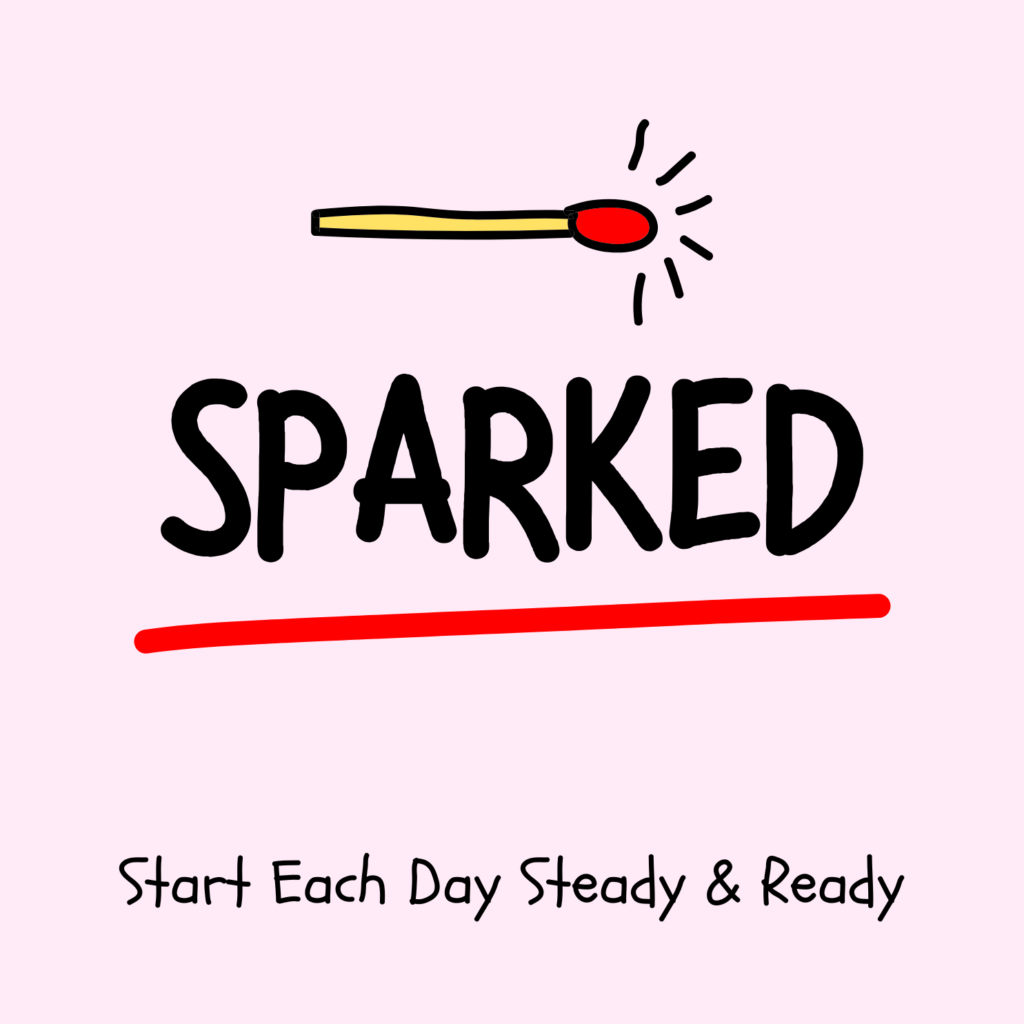 Meditation teacher and writer Sharon Salzberg tells the story of meeting his Holiness the Dalai Lama at a conference in India in the 90s. Upon asking the Dalai Lama about the concept of self-hatred, he expressed confusion and asked his translators to explain. According to Salzburg, after a few minutes of whispering and giggling with his translators, the Dalai Lama asked the audience, “People like that, are they very violent? Is it some kind of mental disorder?”
Meditation teacher and writer Sharon Salzberg tells the story of meeting his Holiness the Dalai Lama at a conference in India in the 90s. Upon asking the Dalai Lama about the concept of self-hatred, he expressed confusion and asked his translators to explain. According to Salzburg, after a few minutes of whispering and giggling with his translators, the Dalai Lama asked the audience, “People like that, are they very violent? Is it some kind of mental disorder?”
Salzburg goes on to share that the Dalai Lama told the group of teachers and scientists in the audience that, while he thought he had a very good understanding of the nature of the mind, he felt ignorant on the topic of self-hatred.
You see, self-hatred, self-judging, and feeling unworthy are not a part of the Dalai Lama’s worldview or cultural conditioning. Rather, self-hatred, according to the Dalai Lama, is a conditioned response that Western societies pass from generation to generation. Put another way, those of us born in traditional Western culture have been conditioned to run a loop of continuous self-degradation. Can you imagine?
When I first heard this story it blew my mind. I realized that all my moaning and groaning about my lack of this and inability to do that has come from one giant unconscious energy-draining, time-wasting habit.
This led to another mind-blowing realization: If the pattern of feeling unworthy is habitual, then I could do something about it. I could break the habit. I could be kind instead of judgemental, harsh, and unreasonably demanding of myself.
In her book, Loving-Kindness: The Revolutionary Art of Happiness, Salzburg writes, “Metta (or loving kindness) is not a romantic type of love, but rather a behavior, an offering of friendliness toward all living beings, including ourselves. It’s a kind of unconditional kindness.
In my efforts to practice kindness instead of unworthiness I’ve come to one crystal clear conclusion:
Feeling like crap about ourselves does nothing to make us feel awake and alive and everything to make us feel more like crap.
So how do we trade in the ingrained habit of self-hatred for the practice of kindness? There a few reminders that can really help. My advice is to carry them close to you and pull them out to recite throughout the day. These reminders will interrupt you when you begin to feel unworthy, judge, compare, or simply feel down in the dumps and are used in Buddhist loving-kindness practices.
- May I feel safe.
- May I feel peace.
- May I be happy.
- May I be at ease.
Slowly repeat the phrases to yourself either out loud or in your mind. You can say them all or pull out just one. Pause for a moment afterward, and then go about your day.
I use the phrase, “May I be at ease,” throughout my day. I say it to myself when moments get tense, when doubt arises, when I am running late.
Being kind to myself has opened my heart in a good way. It’s helped me to experience the goodness in myself and to recognize the goodness in others.
With less unworthiness and more kindness, we show up in this moment and are available to shine in the world. So why not trade in unworthiness for kindness? At least give it a try and see what happens.
Jump over to my ON THE VERGE YouTube channel for a guided loving kindness practice.




